Good Dictionary
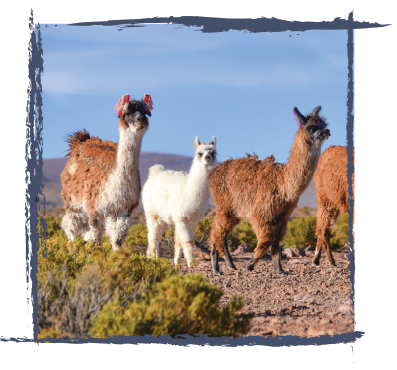
Alpaca Wool
Alpaca wool is considered to be one of the most ethical and eco-friendly wools. Most of the world’s alpaca population is still raised in their native habitat in Peru. Alpacas don’t destroy their environment in the way that other livestock does, and they’re more efficient eaters, too. Plus, alpaca wool biodegrades naturally.

Cashmere Wool
Cashmere wool is made from non-allergenic natural goat fibers. Cashmere wool clothing possesses durability with little or no pilling, does not wrinkle, and becomes softer with age. Fortunately, cashmere can be sourced sustainably, and we are very mindful of our cashmere wool partners. They use hand combing techniques, as it preserves the fibers and doesn’t risk cutting or scaring the animals as electric shears do. We also look for opportunities to use recycled cashmere to upcycle into new apparel, which is always our preference.
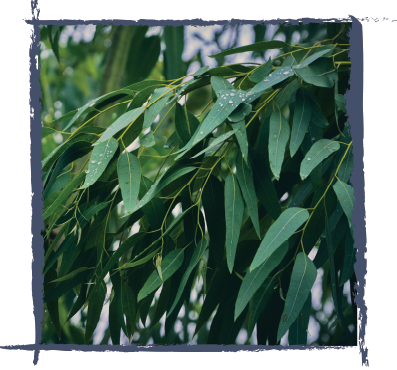
Lyocell
Sometimes known as TENCEL™ (Lyocell produced by reputable manufacturer Lenzing) is a semi-synthetic fabric that is very popular in sustainable fashion. It’s produced from the pulp of eucalyptus trees, which don’t require a lot of water or pesticides. In the case of the TENCEL™ brand, only sustainably managed forests are used. The manufacturing of lyocell is also sustainable, because it occurs in a “closed loop system” where up to 99% of dissolving agents can be reused.

Merino Wool
Merino wool is a natural fiber that is environmentally friendly, biodegradable and an excellent thermoregulator. Naturally lighter and softer than any other wool, merino wool is easy to wear next to skin and keeps your body at a comfortable temperature in any weather conditions. Fortunately, merino wool can be sourced sustainably, and we are very mindful of our merino wool partners.
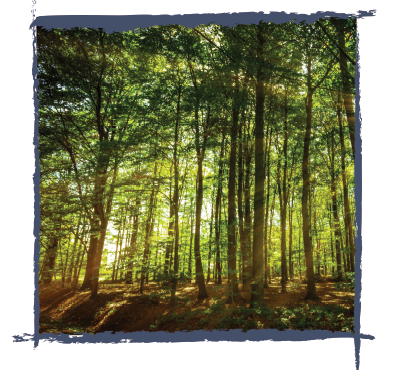
Modal
A semi-synthetic sustainable fabric that’s known for breathability and comfort. Made from the pulp of beech trees, it uses similar production processes of unsustainable viscose rayon fabric, but does so with far less waste and chemicals. The manufacturing of modal is also sustainable, because it occurs in a “closed loop system” where up to 99% of dissolving agents can be reused.

Organic Bamboo
Bamboo grown without pesticides or synthetic fertilizers and processed without chemicals. When bamboo is harvested, it can be done without killing the plant itself. That means that bamboo can renew super quickly (it’s one of the fastest growing plants on the planet). Bamboo consumes more CO2 than some trees, and can survive on rainfall alone, making it one of the most sustainable fabrics out there.
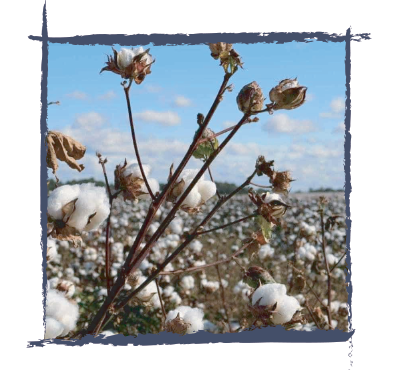
Organic Cotton
Cotton grown without pesticides or synthetic fertilizers and processed without chemicals. Organic cotton farming uses 62% less energy and 88% less water than conventional (non-organic) cotton production.
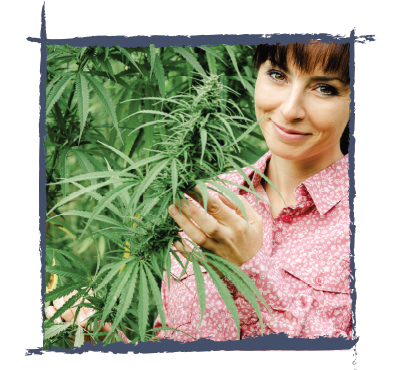
Organic Hemp
Hemp grown without pesticides or synthetic fertilizers and processed without chemicals. Hemp is one of the most eco-friendly natural fabrics around because its growth is healthy for the soil it’s in, and it requires much less water than cotton. It’s a carbon negative raw material- which means it actually absorbs CO2 from the atmosphere.
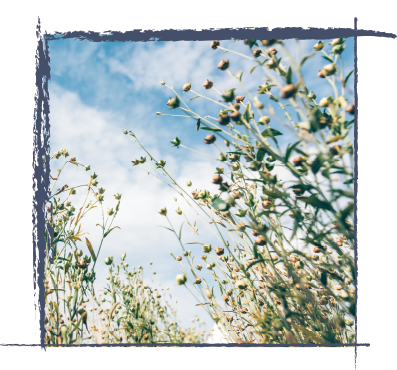
Organic Linen
Linen grown without pesticides or synthetic fertilizers and processed without chemicals. Organic linen is made from flax, a natural raw material. Flax is a recyclable fiber that does not need irrigation, using less water than many other fiber producing plants. All parts of the plant are used, ensuring no waste.

Peace Silk
The material so soft its’ name is used as an adjective. Peace Silk uses a humane type of sericulture and verifies its production under the World Fair Trade Organization Guarantee system. The nonviolent production process allows the silkworm to live a natural and humane life and eventually evolve into a butterfly. The silkworms are bred under natural conditions, and they’re able to emerge on their own and carry on with their lives after the silk is collected. Silk is also great for the planet because it’s completely compostable.
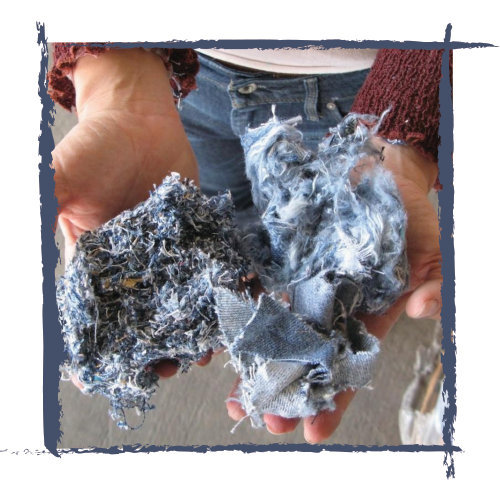
Recycled Cotton
Cotton recycling prevents unneeded waste and is a more sustainable alternative to disposal. Recycled cotton can come from secondhand clothing or from textile leftovers which are then spun into new fabrics.

rPet/Ocean Waste Plastics or Recycled Polyester
Single-use plastics are wreaking havoc on our environment, but the use of rPET (recycled PET/polyethylene terephthalate plastic) and recycled polyester manages to give landfill-bound plastic bags, bottles, and textiles a second life in many different forms.

Sheep Wool
As a natural fiber, wool can be considered an alternative to plastic/petroleum-based synthetics like nylon and polyester. It’s long lasting and typically doesn’t require a lot of chemicals during the processing stage. Plus, wool fabrics can biodegrade naturally. Fortunately, sheep wool can be sourced sustainably, and we are very mindful of our sheep wool partners.

Woocoa
An alternative, plant-based wool made from hemp, coconut fibers, and mushroom enzymes. This vegan wool is not only animal friendly, but is also a sustainable alternative to cashmere and merino.
